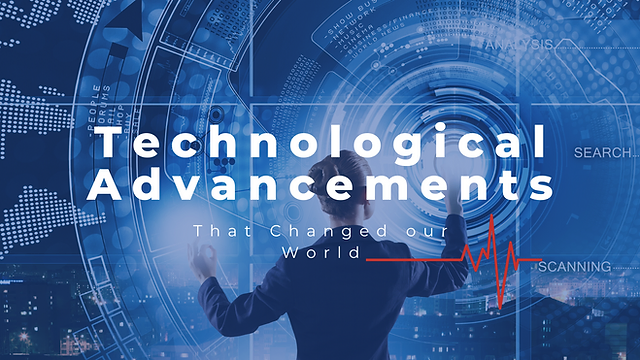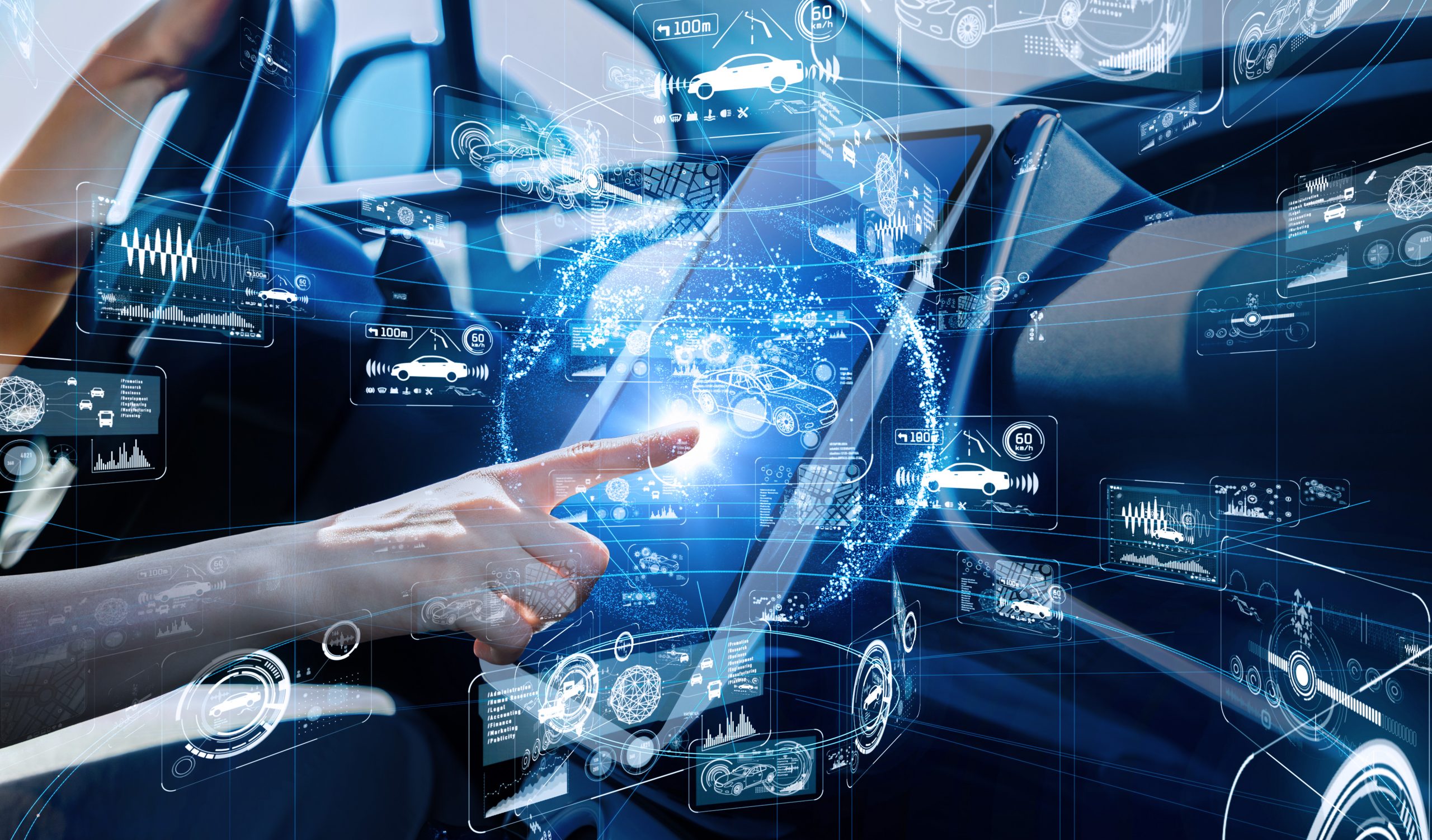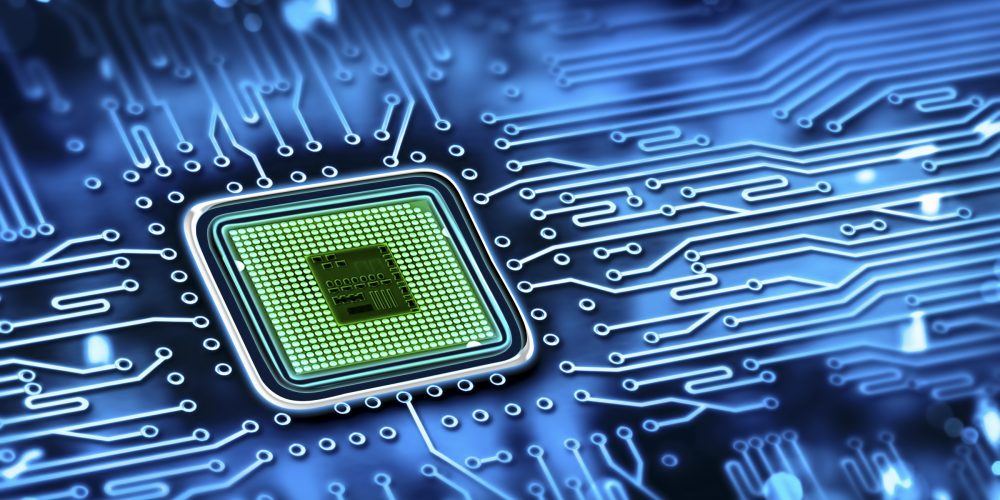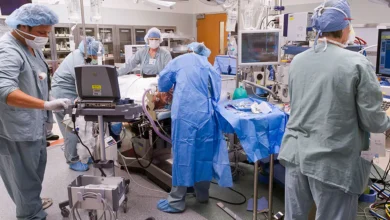
Ten technological advances changing the world | And how we live in it
Ten Technologies (Inventions) That Have Changed The World
The world moves at a fast pace thanks to incredible Tech Advances Changing Life that have enabled the development of a long line of innovations. From electricity to computers, we take a gander at ten mechanical advances that are changing the manner in which we live today and in the future.

Some of the most exciting discoveries and inventions became launching pads for a new era of innovation in computers, hardware, assembly, and medication. We investigate ten mechanical advances that are so progressive that they will continue shaping our lives into what the future is.
Electricity
Would any new advancements have been possible without the breakthrough of electricity? Not. Since early discoverers like Benjamin Franklin studied it and inventors like Nikola Tesla tested ways to turn it into power, electricity has been fueling generations of innovations and become an irreplaceable tool of modern life.
 Harnessing the power of nature for technical advancement.
Harnessing the power of nature for technical advancement.
The laser
Discovered in 1960, lasers were so before their time that scientists needed to figure out where strictly they could be applied. Since then, lasers have found their way into nearly every sector, from medicine to consumer electronics to manufacturing. In fact, on an average day, almost every person comes into contact with a laser¹ in some shape or form.
 Lasers transform our lives on every wavelength.
Lasers transform our lives on every wavelength.


Semiconductor chips
Many significant technical advances became the springboard for countless other innovations. A good example? The semiconductor chip. The electric circuit with many components, such as transistors and wiring, opened the door to the evolution of the laptop, followed by the smartphone and tablet.

Quantum computing
The invention of the computer, and especially the personal computer, will continue to shape our lives. In October 2019, it was proclaimed that a quantum PC, which uses quantum mechanics to enormously augment force management, handled an issue that a standard PC couldn’t in just 200 seconds, signifying one more space of likely applications to research.
The elevator
It’s not precisely quantum mechanics, but today’s cities would be unimaginable without the elevator. The elevator unleashed a new wave of architecture and the age of the skyscraper. A new invention, the MULTI, the first elevator designed to move horizontally and vertically, is poised to open new paths to urban planning and building design.

The Human Genome Project
No other modern advancement in science has transformed medicine so radically as the Human Genome Project (HGP). Completed in 2003, the HGP mapped every gene in the human genome. It opened the door to medical studies on genes associated with diseases and led to a flourishing of biotech companies seeking new applications in healthcare.
 We are mapping the DNA and paths to new medicine.
We are mapping the DNA and paths to new medicine.
The automobile
It was a vehicle for change: once the first car rolled off the assembly lines, it never stopped moving. Initially seen as a panacea for all mobility challenges, the car has had to adapt to a global demand to eliminate fossil-fuel use and decrease traffic. Enter the next generation: hybrid vehicles, electric cars, and driverless cars, proving the car will be with us for centuries.
The Global Positioning System
While cars accelerate our daily lives, getting from A to B can, in any case, be a test, particularly in another spot. First designed in 1973, the Worldwide Situating Framework (GPS) innovation became available in 1995. Using satellites, it pinpoints a location and helps you navigate. More recently, it has been the cornerstone of a host of smart cities and urban mobility apps.
 They are helping us navigate life better.
They are helping us navigate life better.
The smartphone
We hate to admit it, but the smartphone has become ubiquitous and necessary for modern living. One justification for its exceptionality is that it may be connected to and bridled by countless other specialized advances, from GPS to versatile banking to wellness applications. When Apple sent off its first cell phone in 2007, moving ahead was basically the only option.
 Who can imagine life without it?
Who can imagine life without it?
The next big thing
Tech Advances Changing Life have always proven to be exciting because they are never stand-alone. They give rise to new inspirations and the next innovation, often launching a new era in medicine, communications, or mobility. Innovation is in our DNA, so stay tuned for reports of the next big thing.
Conclusion
The rapid pace of Tech Advances Changing Life has fundamentally reshaped various aspects of our lives, offering unprecedented convenience, connectivity, From clinical benefits improvements that save lives to mechanized stages that democratize preparing, development has demonstrated to be a pivotal power. Be that as it may, massive obligations and difficulties come with these headways.
As we continue to embrace new technologies, offsetting development with moral contemplations is fundamental, guaranteeing that protection, security, and value are focused on. What’s to come guarantees significantly more prominent headways, and how we explore these progressions will characterize personal satisfaction for people in the future. Embracing a groundbreaking, at this point, wary methodology will empower us to saddle the maximum capacity of innovation while moderating its dangers, guaranteeing a prosperous and comprehensive future for all.
How does technology help us in our daily life?
We use technologies to exchange information, to clean our clothes, to prepare our meals and to get from one place to another. But even everyday items like door locks, floor panels and furniture are technologies that we now take for granted and that seem less impressive to us than self-driving cars or 3D printing.
How can technology benefit us?
- Quick access to information. Democratising access to information is undoubtedly one of the greatest advantages of technology.
- Facilitated learning.
- Breaking the distance barrier.
- Simplifying tasks.
- Providing entertainment.
- Increased productivity and efficiency.
- Increased life expectancy.
- Creating new jobs.
What are the positive effects of technology on human life?
The positive impacts experienced are extended lifespans, increased productivity, better access to information, and time-saving. The negative impacts include low communication between people, less personal time, and the spread of misinformation. Technology also has positive and negative environmental effects.







